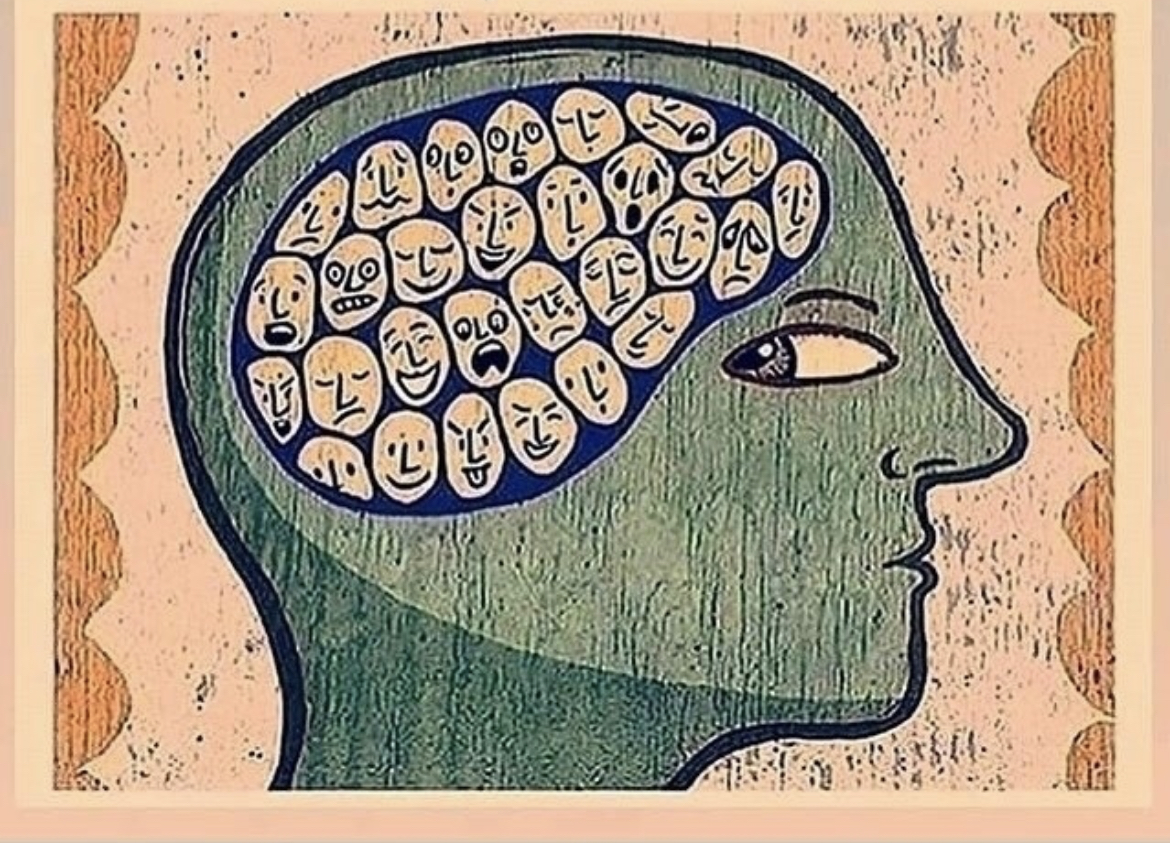In following our previous article, Why Overthinking Is Harmful, we now look to see what we can do to reduce this unhelpful activity
How to reduce Overthinking – Shorter term strategies.
These are structured CBT techniques to reduce unhelpful thinking and subsequent distress. You may want to experiment with them alone or with someone else. Doing this with someone else is likely to be more effective.
- Recognise you’re overthinking – This is the first step as without awareness we carry on in a state of uncontrolled auto-pilot
- Ground yourself by using a breathing techniques and focus your attention in the present. Breathing techniques are spoken of extensively, largely because they work. The more we experiment with them, the more effective they become for us.
- Label thought processes as helpful and unhelpful. This gives us some clarity on our thoughts and allows us to let go of the unhelpful stuff easier.
- Write down the thoughts – This engages the logical parts of your mind, slows your thoughts and gives greater clarity.
- Challenge your thinking – how probable is this to be true/likely to happen?
- Talk to people – Talking is a strong way to regulate your emotions as it engages the rational parts of your mind allowing you to think more realistically.
- Express yourself in different ways if you find it hard to write or talk to others. Art and music can be really helpful when we’re overthinking and are having distorted negative thoughts.
- Exercise or do something active – This can be a distraction and breaks the cycle of overthinking.
Longer term strategies
- Address the underlying issues – If you’re overthinking is linked to insecurities, if we can address them, we’re less likely to ruminate on them.
- Embrace the Subtle Art of Not Giving a F*ck – This is actually the title of a book and plus it’s a coping mechanism. If your overthinking is linked to what others may or may not think of us, can you find ways to let this go? It’s important to accept that people will judge us as we also judge others. These judgements are based on our own thoughts, values, insecurities and ideals. People like to judge others negatively as it makes them feel better about themselves. It’s vital that we allow others to own their judgements and that we do not over personalise what others may think of us. This is easier said than done.
- Nurture self-acceptance. The chances are that as the lovely person you are, you seek to be a good person and this is underpinned by having healthy values. You’re good being You; always have been and always will be. Accepting this and believing this isn’t always easy. Self-acceptance makes us more resilient to overthinking and we tend to worry a lot less.
- Be self-forgiving – You’re not perfect and you’ll make mistakes. When we learn from mistakes we grow and when we continually punish ourselves for them, we diminish our confidence and esteem.
- Be present in the here and now. This embraces the concept of Mindfulness and being focused in the here and now creates activity in parts of the mind responsible for well-being (such as the hippocampus) and reduces connectivity with the amygdala (our threat system also referred to as our fear centre). This is a really good article as to Why Mindfulness Is Helpful.
Other useful resources in a similar theme –
How to Stop Overthinking by Tony Robbins
How to Stop Overthinking and Start Living from Headspace
14 Ways to Stop Overthinking from Healthline
I do hope this has been helpful. With any kind of coping strategy, we have to be mindful that we’re all individual and what works for us, may not work for others and vice versa. In experimenting with anything new, be patient and reflect afterwards (by writing about your experience if possible) about what you thought of it. Don’t forget to persevere too. It’s easy to put barriers up or dismiss the things we’re unsure of.
Best wishes, Duncan
Thanks for research, content and images go to our Digital Media Assistant – Ethan Quinney
References:
Britta, K et al (2011). Mindfulness Leads To Increases in Grey Matter Density [online]. Available at https://www.ncbi.nlm.nih.gov/pmc/articles/PMC3004979/ [Accessed 02 Dec 2021].
Ireland, T (2012). What Does Mindfulness Meditation do to Your Brain [online]. Available at https://blogs.scientificamerican.com/guest-blog/what-does-mindfulness-meditation-do-to-your-brain/ [Accessed 02 Dec 2021].
Morin, A (2020). 10 Signs You’re Overthinking [online]. Available at https://www.forbes.com/sites/amymorin/2020/04/20/10-signs-youre-overthinking-and-what-to-do-about-it/?sh=30f43fbb2bb8 [Accessed 02 Dec 2021].
Robbins, T. How to Stop Overthinking. [online]. Available at How to stop overthinking: 8 top ways (tonyrobbins.com). [Accessed 02 Dec 2021].
Sachan, D. How to Stop Overthinking and Start Living. [online]. Available at How to stop overthinking—and start living – Headspace. [Accessed 02 Dec 2021].


